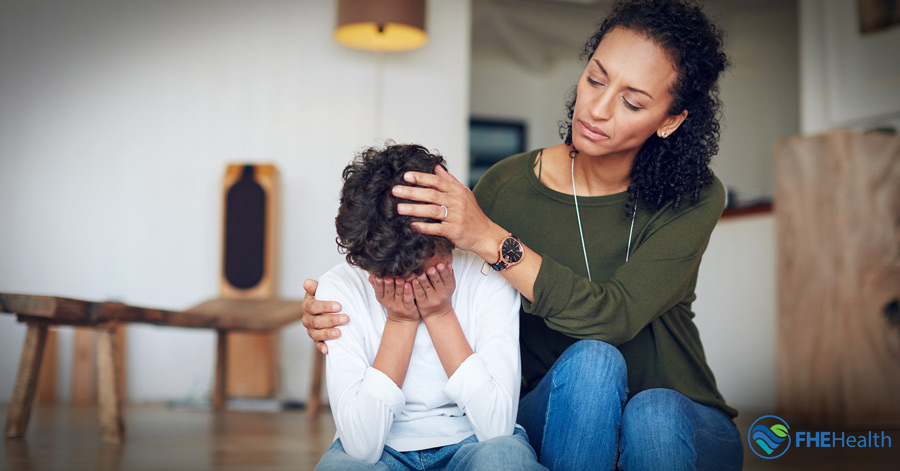
Substance use disorders can be damaging in multiple and complex ways. As a chronic and frequently progressive condition, an addiction can cause a person’s physical and mental health to decline. It also can unravel a person’s career and financial well-being, land them in legal jeopardy, and affect their most important relationships.
In the last case, a person’s relationships are a barometer of their well-being. When a person is under the influence of drugs or alcohol, they often say or do things that damage their relationships. Even when they are not technically “under the influence,” they are often acting in deleterious ways that affect a spouse or close loved one. Whether they’re secretly doctor shopping to obtain more of a prescription or taking their anger at not being able to get their drug of choice out on their partner, their thoughts and actions are compelled by their drinking or drug use.
Let’s speak plainly. A person addicted to drugs and alcohol has a life that is out of control. Order has turned to chaos, and those close to that individual are very likely going to be caught up in that chaos, too. Whether it’s the chaos of worrying where mortgage money went, strange phone calls, late appearances, slurred speech, mistrust—whatever the case may be, addiction affects relationships negatively, sometimes beyond repair. In some cases, family members actually allow themselves to be caught up in the chaos for longer than they should. They might even enable it.
Active Addiction in Relationships
A person who has an addiction to drugs or alcohol can harm their loved ones without intending to. Many people try to keep their addiction secret in order to protect it and in the hope that they can control it. Unfortunately, keeping something like drug or alcohol abuse secret can damage the trust within relationships; it’s also often impossible to hide the fact that there’s a problem.
A person with a substance use disorder can’t hide the effects of their addiction forever. There will be signs that they can’t control, such as mood swings, fatigue, loss of coordination, or slurred speech. The psychological and physical effects are nearly impossible to keep hidden.
Some family members may look the other way, unsure of how to address the issue. Others may try to intervene, which can cause friction. The truth is that addiction affects relationships, and many people don’t understand how to help a loved one who is suffering from it. They may offer all the wrong types of support—like making excuses when their loved one doesn’t show up for a social obligation or offering money when they have some sense of where it could go.







